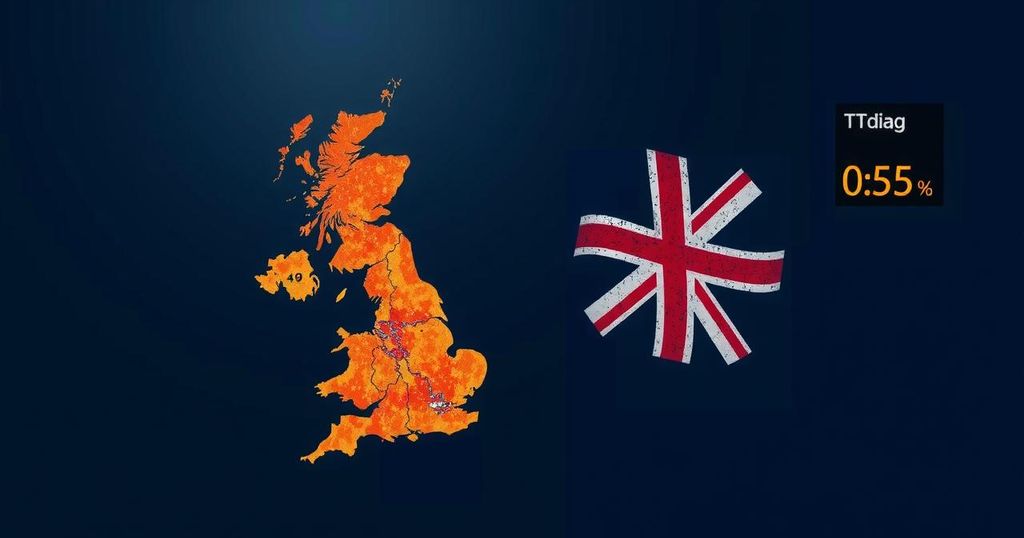Mild Weather and Wind Energy Drive Down Dutch and British Gas Prices
Dutch and British gas prices have declined thanks to mild weather and an increase in wind power forecasts, resulting in reduced gas demand. The benchmark front-month contract at the Dutch TTF hub has fallen to €39.40 per megawatt-hour and UK weekend contracts to 94.90 pence per therm. However, ongoing geopolitical tensions add volatility to the market.
Recent trends in the energy market indicate a significant easing of gas prices in the Netherlands and the United Kingdom, attributed to above-average temperatures and an increase in wind power generation forecasts. This shift has brought some stability to what has been a highly volatile market environment. In particular, the Dutch Title Transfer Facility (TTF) hub has reported a decline in its benchmark front-month contract, which now stands at €39.40 per megawatt-hour, while weekend contracts in the UK have decreased to 94.90 pence per therm. Expectations for steady gas consumption by power plants over the weekend have led analysts to predict a modest rise in demand of around 88 GWh/d during the workweek. One noteworthy factor influencing the market is the slight reduction in Norwegian gas exports related to ongoing maintenance works. Moreover, the stable price differential between Asian and European markets does not appear to provide a strong incentive for U.S. liquefied natural gas (LNG) exporters to engage more aggressively in these markets. Meanwhile, geopolitical uncertainties, particularly surrounding the situation in the Middle East, contribute to increased complexity in energy pricing and supply dynamics. This emerging pattern in energy pricing and demand provides critical insights for investors and market participants. As the influence of renewable energy grows alongside traditional gas demand, there emerges both opportunities and challenges within the energy sector, shaped by climate conditions and geopolitical tensions that can unexpectedly disrupt market stability.
The current decline in gas prices in the Dutch and British markets is primarily influenced by favorable weather conditions and an uptick in wind power generation. Understanding the interaction between renewable energy’s potential and the traditional gas supply landscape is vital for market analysis. Furthermore, significant geopolitical factors, particularly conflicts in the Middle East, add layers of uncertainty that can impact gas price stability and overall energy market dynamics. This underscores the importance of strategic forecasting and adaptability in response to global events impacting energy supply and demand.
In conclusion, the recent dip in gas prices in the Netherlands and the United Kingdom highlights the complex interplay of weather, renewable energy production, and geopolitical factors on energy markets. The anticipated rise in wind power generation alongside mild weather is set to shape future pricing dynamics. Investors must remain vigilant and responsive to these changing factors to navigate potential opportunities and challenges effectively.
Original Source: finimize.com




Post Comment